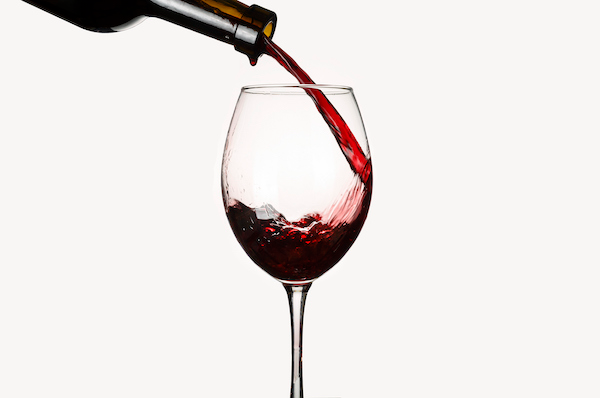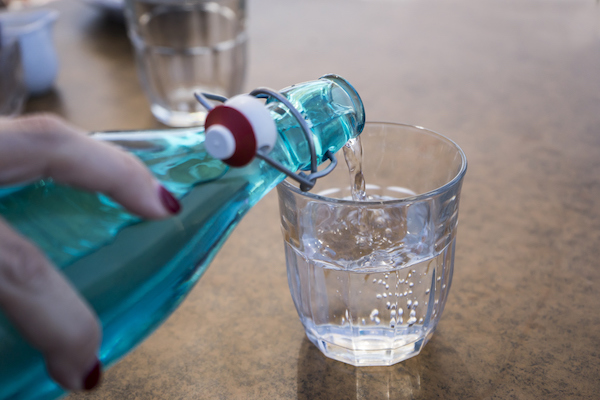Between boozy work parties and your favorite aunt’s homemade eggnog, it’s easy to let December fly by in a cloud of alcoholic joy.
Why not consider committing to a dry January? This increasingly popular trend of abstaining from alcohol during the first month of the year not only offers the opportunity to back off some of December’s excesses, but can also help you make better long-term decisions about when and how to drink.
Who invented dry January?
The idea of giving up alcohol after the holidays probably doesn’t have a single creator, but it was popularized in 2012 by Alcohol change UK. In 2018, more than 4 million people Committed to stopping drinking for the entire month of January.
While the original purpose of a Dry January was to help people think more consciously about the effects of drinking, anyone who commits to going 31 full days without alcohol can feel the benefits of a Dry January.
What are the benefits of dry January?
The benefits of Dry January go far beyond cutting a few hundred (or thousands) of empty calories a week. Stopping drinking for a month can cause numerous benefitsincluding:
- A sense of personal achievement
- Save money
- Improved energy
- Better skin
- Greater concentration
The benefits of giving up alcohol for a month tend to last beyond the period of strict sobriety. People who committed to dry January were more likely to continue drink less in August. Trying a Dry January can also be a great way to reevaluate your overall relationship with alcohol, the benefits of which extend throughout the entire year.
Is giving up alcohol good for your health?
In a word, yes. Although conventional wisdom has long suggested that drinking in moderation can be beneficial to your health, more recent research suggests that even light consumption is probably beneficial. it’s not very good for you.
Drinking alcohol can cause general discomfort. weakening of your immune systemmeaning that frequent drinkers are likely to get sick more often and stay sick longer.
Tips to overcome dry January
So you’ve decided to try dry January. Fabulous! Here are some tips to help you stay focused from a misty New Year’s morning to the first day of February.
1. Record your progress
Keeping track of the days you haven’t drunk helps affirm your commitment and keeps you motivated to continue.
2. Try replacing drinking with other activities.
Pick up a new book, start a new hobby, or try a new exercise program. If you need some inspiration, some options from BODi include:
3. Try alcohol-free alternatives
If you enjoy the social aspect of drinking but still want to commit to a dry January, consider trying a mocktail or another non-alcoholic drink that mimics the drinking experience without any of the actual alcohol.
4. Find different ways to reward yourself
Go to the spa, get a massage, watch a movie – do something that makes you feel good about yourself but doesn’t involve drinking alcohol.
In short, quitting drinking during dry January can result not only in an improvement in your immediate health and well-being, but also in a host of long-term benefits.
So, after you’ve put away the Christmas lights and finished off the gingerbread-themed cocktails, why not think about giving up alcohol during January? It’s a great way to start a healthier new year!











